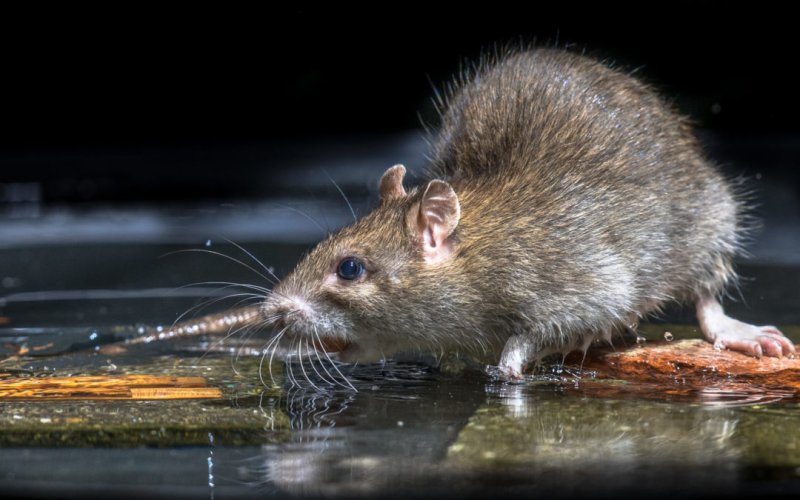
Spike in Leptospirosis cases alarms ealth authorities in Sri Lanka

Leptospirosis is a bacterial disease transmitted to humans through water or soil contaminated with the urine of infected animals, particularly rodents. The bacteria typically enter the body through cuts, abrasions, or mucous membranes such as the eyes, nose, or mouth.
The most affected regions include Ratnapura, Kurunegala, Kegalle, and Kalutara, with officials warning that these areas have seen a notable rise in infections in recent weeks.
Health officials note that outbreaks tend to peak during the rainy seasons, particularly from March to May and again from October to December. The current increase aligns with this seasonal pattern, exacerbated by heavy rains and flooding in several parts of the country.
Medical experts are urging the public to be vigilant and seek immediate medical attention if they experience symptoms such as high fever, headache, joint and muscle pain, or redness in the eyes all early signs of Leptospirosis. Left untreated, the disease can lead to severe complications, including kidney damage, meningitis, liver failure, or respiratory distress.
Authorities are also advising those in high-risk professions such as farmers, garbage collectors, and sewage workers to take preventive measures, including wearing protective clothing and avoiding contact with potentially contaminated water.
The Health Promotion Bureau is continuing awareness campaigns and collaborating with local health offices to monitor and control the spread of the disease.


